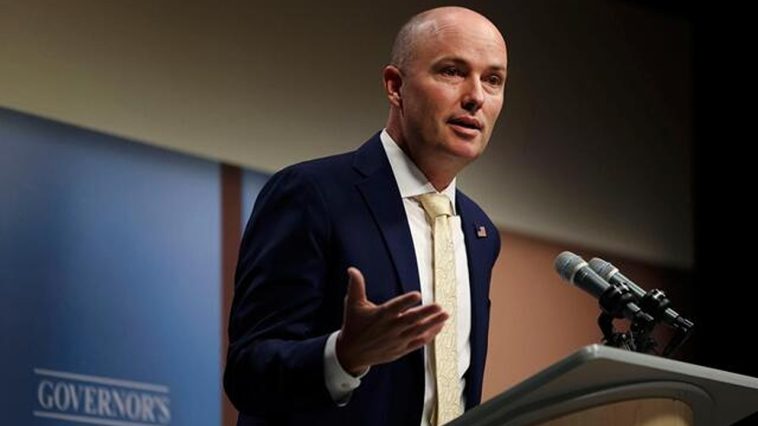LISTEN HERE:
Legislation aimed at prohibiting diversity, equity, and inclusion (DEI) departments within state-funded academic institutions and government offices is on its way to the desk of Utah Gov. Spencer Cox, a Republican. With its recent passage, this law signifies a shift in how certain state institutions might handle individual treatment, thereby leading towards the discontinuation of offices that enforce DEI principles.
Moreover, the bill has implications on the way hiring processes are held, demanding these educational and government entities to maintain a balanced political stance and forbidding the use of diversity-centred statements during recruitment. It appears that the political neutrality embedded into the new state legislation encourages balanced judgments not swayed by affiliations or biased perceptions.
President Taylor Randall from the University of Utah has already stated a change in their institutional approach. As of January 5, such DEI-related statements have ceased to be a part of their recruitment process, displaying a bold move towards aligning with the purview of the imminent law.
Interestingly, this movement towards a DEI-remove stance isn’t a phenomenon exclusive to Utah. Multiple states have already enacted laws restricting the use of DEI principles within their respective public universities. The trend indicates a nationwide re-evaluation of DEI enforcement within these educational bastions.
Florida, led by Republican Gov. Ron DeSantis, was one of the first to implement such changes. As of May 2023, the use of DEI principles in both public schools and universities were prohibited, signifying the state’s pivot to a new approach concerning these matters.
Texas quickly followed suit under the leadership of Republican Gov. Greg Abbott. In June 2023, a ruling was put forth banning DEI, reflecting a similar atmosphere in the greater Texan educational landscape that Florida had previously cultivated.
April 2023 saw Idaho join in on crafting the narrative against DEI statements, particularly within university ecosystems. This reflects the increasing influence of such notions cutting across state lines and impacting seminal spaces that shape minds and careers.
Even the Iowa Board of Regents took a stand against DEI in November, suggesting that DEI programs be removed from their state universities. This shows a broad confluence of stances across different states in regards to the implementation and continuation of DEI programs.
The reinforcement of this attitude came from Oklahoma when Republican Gov. Kevin Stitt issued an executive order in December. The directive prohibited DEI at public universities and across state departments, thereby amplifying the drive towards this new direction.
This shifting trend has not just been confined to governmental decisions or political leaders. Even factions from within academia have shown a degree of discord. The Foundation for Individual Rights and Expression (FIRE), a prominent group advocating for free speech rights, shed light on this internal academic dissent.
FIRE released a fascinating survey in February 2023, which presented a rather revealing picture of academia’s inner disposition towards DEI. Their findings indicated that a considerable average of 50% of university professors expressed disapproval of DEI statements, flagging a potential issue with academic freedom.
What emerges from this narrative is a vivid proof of a changing landscape against DEI within American institutions. Over time, more states and academic bodies might align with these initiatives, revealing a unique alteration in the sociopolitical fabric of American education systems and government entities.
However, it leaves us with many considerations to ponder. Will these moves fortify the foundation of neutrality and unbiased treatment, or will they sweep the essential issues that DEI identifies under the rug? Only time will tell.
As the U.S. progresses towards a potentially DEI-less future, its implications on diversity, inclusivity, and equality on campuses and in government offices remain speculative. It will be intriguing to observe how the future unfolds in response to this undocumented territory.
More News Here: Real News Now


